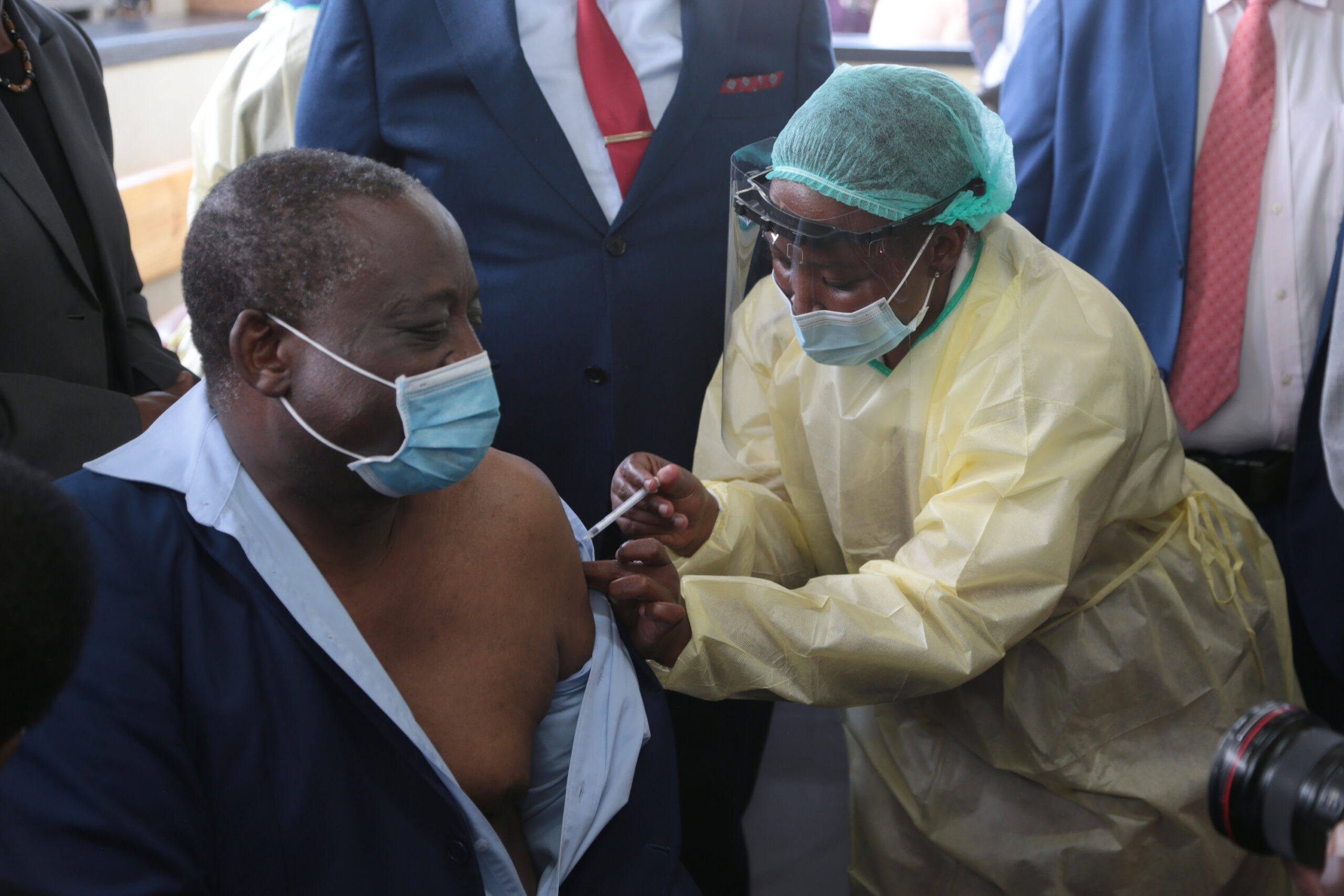ZIMBABWE’S hospitality industry has lost significant business due to cancellations of hotel bookings for conferences, workshops and other events, following the government’s promulgation of new Covid-19 containment measures.
DUMISANI NYONI
In a bid to curb the pandemic, Vice-President Constantino Chiwenga, who also doubles as the Health and Child Care minister, last week announced the new Covid-19 regulations.
Restaurants, except those at hotels and lodges, are not allowed to sell food to sit-in customers.
Beerhalls and nightclubs remain closed while bottle stores will operate from 10am to 4pm with retailers and shops operating from 8am to 6pm.
All gatherings except funerals are banned while companies have been directed to decongest their staff by 50%.
Chiwenga also directed that meetings be held virtually.
However, the new measures seem to have started crippling the hospitality industry which relies heavily on conferences and events.
“The new Covid-19 pandemic mitigation measures have come with the downside of cancellations of hotel bookings for conferences and events. This has affected hotel occupancy which had started to show some signs of recovery,” Hospitality Association of Zimbabwe (HAZ) Victoria Falls chapter president Anald Musonza told The NewsHawks.
“We just hope we won’t get into a hard lockdown as this will extinguish all the little flickers of hope we had for hospitality and tourism recovery this year. As an industry, we want to play our part by ensuring none of our business activities aid the spread of the Covid-19 pandemic but help curtail its spread and also save both lives and livelihoods.”
Musonza said players in the hospitality sector believe in win-win approaches. In that spirit, he appealed to the players to show responsible leadership in enforcing all Covid-19 protocols, thus allowing “us to operate our businesses in a responsible manner.”
“As a country, we have the best Covid-19 pandemic mitigation measures and we should apply them religiously so that we curtail the pandemic. We need more collaborative efforts between the private sector and public sector to combat this pandemic,” he said.
Shearwater Group public relations manager Clement Mukwasi, who is also the Employers’ Association of Tourism and Safari Operators president, said there were “workshops and seminars that were postponed due to the new regulations” but remained hopeful that the measures will curb the spread of Covid-19.
He said the long-term benefits of the new regulations were more valuable in the circumstances. Mukwasi said since the beginning of the year, business in the tourism and hospitality industry has been critically low.
In a statement released following the announcement of new measures, Restaurant Operators Association of Zimbabwe president Bongai Zamchiya said the latest regulations threaten livelihoods of restaurateurs, staff and suppliers.
He said the industry was hit hard by previous national lockdowns and the new measures will further crush it.
“The livelihoods of restaurateurs, staff and suppliers are on the brink of collapse and the only options available were urgent re-opening or immediate and substantial financial support,” he said.
Zamchiya said businesses cannot survive on income from takeaways only as it was not enough to cover costs such as rentals, wages, refrigeration, security and many statutory licences payable to the government.
“Contrary to a common misperception, well-run restaurants are not venues for spreading Covid-19, but are hygienic in concept and operation, posing little if any threat to customers, certainly no greater than any other business or home environment,” Zamchiya said.
“We have been and remain in full support of the national effort to eliminate Covid-19, but as a trade we are now at a crossroads and require a collective rethink.”
Zamchiya said a survey carried out in February this year showed that takeaways contribute between 8% and 18% of most businesses’ revenue and this was not sustainable.
Restaurants have either been closed or in partial operation for the past 14 months and many have closed permanently due to financial challenges.
He urged the government to consider re-opening restaurants, saying operators are committed to ensuring Covid-19 compliance in addition to the fact “that our venues are more hygienic than just about any other business operation or service.”
Some restaurant operators who had called workers back to work are now stuck and will struggle to pay salaries.









